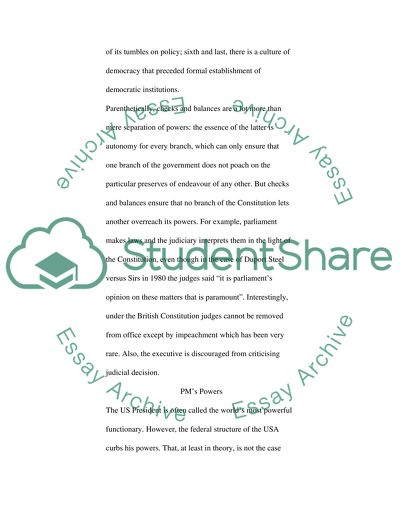Cite this document
(“UK Political System Essay Example | Topics and Well Written Essays - 2500 words”, n.d.)
Retrieved from https://studentshare.org/miscellaneous/1531924-uk-political-system
Retrieved from https://studentshare.org/miscellaneous/1531924-uk-political-system
(UK Political System Essay Example | Topics and Well Written Essays - 2500 Words)
https://studentshare.org/miscellaneous/1531924-uk-political-system.
https://studentshare.org/miscellaneous/1531924-uk-political-system.
“UK Political System Essay Example | Topics and Well Written Essays - 2500 Words”, n.d. https://studentshare.org/miscellaneous/1531924-uk-political-system.


